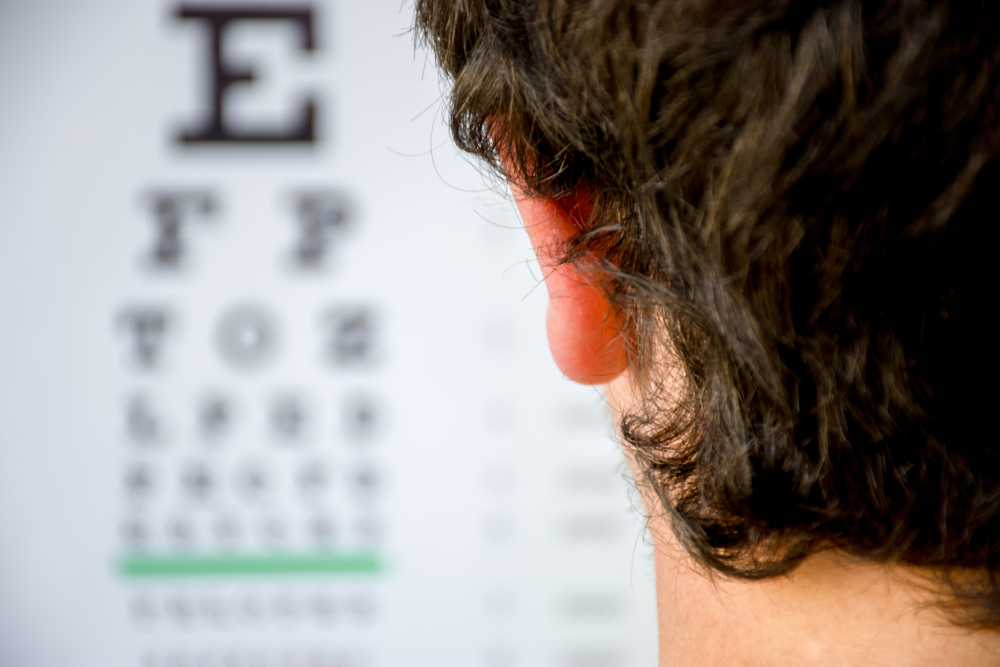Posted by: Associates in Ophthalmology (NJ) in Eyes

Have you noticed changes in your vision? Has it been a while since you’ve been to the eye doctor?
Routine eye exams are a crucial part of vision and eye health. However, many people forget to make regular appointments as life can be busy, and you may not think much about your eyes until there’s a problem.
However, routine eye exams are important for everyone, especially if you have certain risk factors or vision issues. Keep reading to learn more about what you can expect at your next routine eye exam!
When Should I Get an Eye Exam?
For adults, the guidelines vary depending on your age and health factors. Adults in their twenties and thirties only need eye exams every two to three years.
However, for people with eye injuries, diabetes, vision issues, or a family history of eye problems, more frequent exams are necessary, usually every year. For adults older than forty, yearly exams are essential, even if you don’t wear contacts or glasses.
Once you reach your sixties, your risk of issues like glaucoma and cataracts increase, so you’ll want to be extra aware of your eye health.
What Happens During a Routine Eye Exam?
When you go for a routine eye exam, your ophthalmologist will discuss each step with you. There are some crucial components and diagnostics that each eye exam will cover.
Here’s a general overview of an eye exam and what it entails:
Assess Medical History
First, your eye doctor will determine your medical history, including your family’s medical history. They will also ask what medications you take and if you currently wear glasses or contacts.
This baseline information ensures you get accurate care.
Test Visual Acuity
During the eye exam, your eye doctor will also assess your visual acuity using an eye chart. You’re probably familiar with this part of an eye exam, which involves reading words at various distances while covering one eye.
This part of the visit tests whether you have 20/20 vision or not.
Determine Your Prescription
Your eye doctor will also have you look at charts through a phoropter, a device that contains various lenses. While you read the chart, the doctor will flip through various lenses to determine if you need contacts or glasses and the exact prescription you need.
Examine Your Eye Movement & Side Vision
Using other tests, your eye doctor will also check your side vision and eye mobility. The mobility test is called ocular motility and will have you track a dot of light at different points through a lens.
Check Eye Pressure & Health
The eye exam is also when your doctor looks at your eyes to check for signs of certain eye conditions. They will use a slit-lamp microscope to get a good look at the front of your eye.
To better view the retina and optic nerve, they will then give you dilating eye drops. You may have some light sensitivity for a couple hours after the appointment.
Schedule an Eye Exam Today!
Routine eye exams are the most effective way to maintain your eye health and diagnose eye issues early on. With these exams, you’ll also ensure you have the right prescription for your glasses or contacts so that you can see clearly without negative impacts to your life.
If it’s been a while since you’ve seen an ophthalmologist, or if you have noticed changes to your vision, now is the perfect time to set up an appointment. Schedule an appointment at Associates in Ophthalmology in Livingston, NJ, today!

